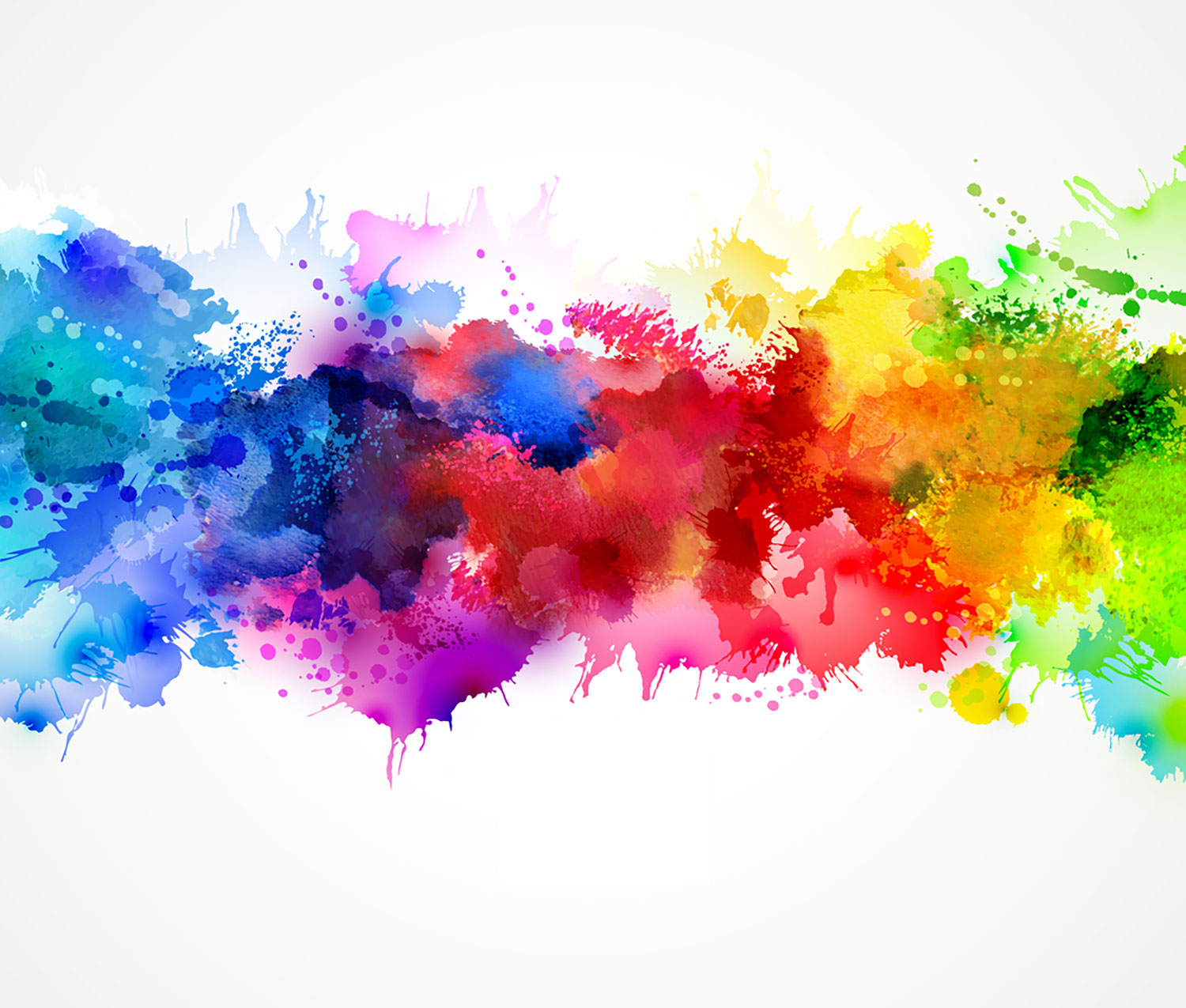Check out my article on Forbes here:
Dr. Dionne Poulton has spent her career illuminating unconscious bias, with an emphasis on the word unconscious. She has written a book called “It’s Not Always Racist, But Sometimes It Is: Reshaping How We Think About Racism,” which discusses how all people have prejudice even when they think they don’t. Becoming aware of these prejudices and actively working to create a more inclusive attitude towards people different than you, is a path to healing. Specifically through her consulting business, Dr. Poulton focuses on shifting the workplace out of unconscious bias into inclusive, vibrant cultures. Here are a couple of things we learned when speaking to Dr. Poulton.
Prejudice Can Come from the Unlikeliest Of Places
Dr. Poulton shared a story of when she was a health and PE teacher. One of her colleagues had a disability and faced prejudice in her everyday. When Dr. Poulton won an award in the school, that same colleague told her that Dr. Poulton just won because she was black and pretty. It was at this moment that Dr. Poulton took a step back and tried to understand why someone facing prejudice would deduce another’s achievement to race and superficial appearance through prejudice. With that newfound understanding, she has worked on herself, as well as everyone she encounters, to help recognize when prejudice is in operation.
When You’re Rubbed the Wrong Way by Someone, Ask Yourself Why
People’s prejudice, she explained, comes from their households, cultural backgrounds, deep seated perspectives and stereotypes shared about the world, personal experiences, and ignorance. She explains that one of the best ways to overcome prejudice is to become curious with yourself. “Why don’t you like that person? Who am I inviting into the conversation? Who am I avoiding? Why do I have a weird vibe around that person? How diverse are the people I surround myself with?,” she asks. Once you’re clear on why or what people you may be prejudiced against, invite people you would not usually talk to into the conversation. She says some people may not be open to this, but that doesn’t matter. Connect with them. Minor moments of unbiased interaction can be especially powerful. How can we each become more cognizant and more inclusive?
Unconscious Bias is Not Always An Excuse
She mentions that a lot of time bias is unconscious, but a lot of times it is not. Using it as an excuse is a crutch and we should all become more conscious of when and how we use that term. She mentions that if she is standing in a Walmart and someone automatically assumes she works there despite not wearing a uniform, this can be indicative of unconscious bias. However, she said “in the case of the recent Starbucks incident in which a manager abused her power and had two black men arrested, the manager’s initial thoughts may have been unconscious, but the manager made a series of conscious decisions like deciding the two men broke a rule and dialing the police knowing that her privilege would make the police take her side and carry out her abuse of power.” Shedding light on these types of assumptions that we make daily will help us all embrace how consciously we are judging.
The Role of Power in Prejudice
Dr. Poulton talks about an equation she adapted and shares in her book, “racism equals prejudice plus power, plus intent.” “If you are in a position of power and you choose to stop someone from achieving progress and you do it because of prejudice of race, than that is racism,” she says. Prejudice she defines as “a judgement of someone or a group prior to having full knowledge of who they are.” She does believe that race supersedes all other judgements like gender, disability, and means. If you are in a position of power, become especially conscious and clear on your judgements and decisions. If someone is clear with themselves about their feelings and judgements towards others, then we can clearly see the world.
In the workplace, she suggests we become conscious of who we invite to meetings, who we give chances to succeed and understand how that impacts who gets a promotion and how people move through their career. Knowing what types of bias we shed on someone’s career path is especially important in work environments.
Continue to Oppose Racism
Dr. Poulton says she is optimistic that our country can heal from our racial divides because there is so much opposition to racism in our country and people are refusing to accept it as a norm. She says that even if we have divisive figures, if we as people are standing for diverse communities and we as individuals are being self-aware about our feelings and interactions with people different than us, then we can heal. Joining events that you may not have joined prior, creating dialogue, inviting discussion and taking a hard look at yourself is the answer.
Be Loving, Above All Else
She tells her two young daughters, 12 and 14, to be respectful, be open, be loving, and have self-respect. She wants them to “just focus on friendship as opposed to anything else. And all the junk will get out of the way.” She is hopeful for a less racist future for her daughters, if we each take the steps to become more conscious and we are all just a little bit more loving.

